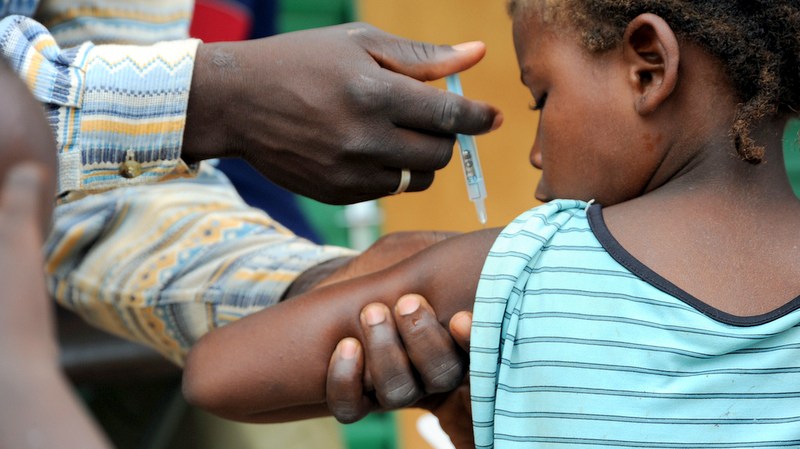“I cannot recommend that we should spend N1.65 trillion to purchase meningitis vaccine alone. That’s almost like a third to quarter of our total budget. If we do that, then it means we have to abandon other things” Mr. Adewole, a professor, told us on phone.
“The conjugate vaccine can protect an individual for 10 years, while the polyvalent vaccine protects for three years, but for now both are expensive so our best bet is to alert Nigerians that this is the season for meningitis and they should beware.
“We can only prioritise by using case detection to look at states that have the highest cases of meningitis and face them rather than focusing on vaccinating the entire country.
“If we say let’s face meningitis alone you should consider that we need to vaccinate against measles, against yellow fever and other diseases,” the minister noted.
He said the ultimate aim is to vaccinate the whole Nigeria over the next five years but it has to be done in phases based on priority and also based on the availability of the vaccine.
Mr. Adewole further advised Nigerians to avoid overcrowded places, live and sleep in a well ventilated environment, drink and eat well and always report or go for test when symptoms of strange fever is noticed.
CSM is a disease caused by a germ called Nesseria meningitidis which usually causes inflammation of the lining of the brain and the spinal cord. The disease often occurs in epidemic proportion around November to May of the following year when the rainy season starts.
Nigeria has a long history of CSM epidemics. One of the worst occurred in 1996 when 109,580 cases and 11,717 deaths were recorded.
In 2003, there were 4,130 cases and 401 deaths; 9,086 cases and 562 deaths in 2008, and 9,086 cases and 562 deaths recorded in 2009.
The historical records and past experiences influenced health authorities in Africa (especially countries within the African Meningitis Belt), the World Health Organisation and Development Partners to roll out a strategic intervention for the effective prevention of such epidemics.
In the most recent case of the epidemic, as at March 31, 2017, there were 2,524 infections with 328 deaths recorded in 90 local government areas in 16 states of Nigeria.
Symptoms of the disease include stiff neck, high fever, rash, headache, vomiting, and confusion. Even with rapid diagnosis, 5-10 per cent of patients typically die within 24-48 hours of symptom onset. Although sometimes fatal, CSM is most often treatable with antibiotics administered upon hospital admission.
According to the Centers for Diseases Control and Prevention, CDC, bacterial meningitis is very serious and can be deadly.
How it spreads
People spread Neisseria meningitidis by sharing respiratory or throat secretions (saliva or spit). This typically occurs during close (coughing or kissing) or lengthy (living in the same household) contact.
Prevention Tips:
- The most effective way to be protected against certain types of bacterial meningitis is to get vaccinated against the three types of bacteria that can cause meningitis.
- Don’t Share Personal Items.
- Keep Your Distance From Infected People.
- Wash Your Hands Vigorously.
- Boost Your Immune System.
- Get Prompt Treatment.
Source: Premiumtimes

 Nigerians have been warned to be on alert and take preventive measures against Cerebrospinal Meningitis, CSM, as this is the season of the deadly disease. The Minister of Health, Isaac Adewole, who gave the warning, said the federal government cannot afford to vaccinate every single citizen against the disease at the moment.
Nigerians have been warned to be on alert and take preventive measures against Cerebrospinal Meningitis, CSM, as this is the season of the deadly disease. The Minister of Health, Isaac Adewole, who gave the warning, said the federal government cannot afford to vaccinate every single citizen against the disease at the moment.




